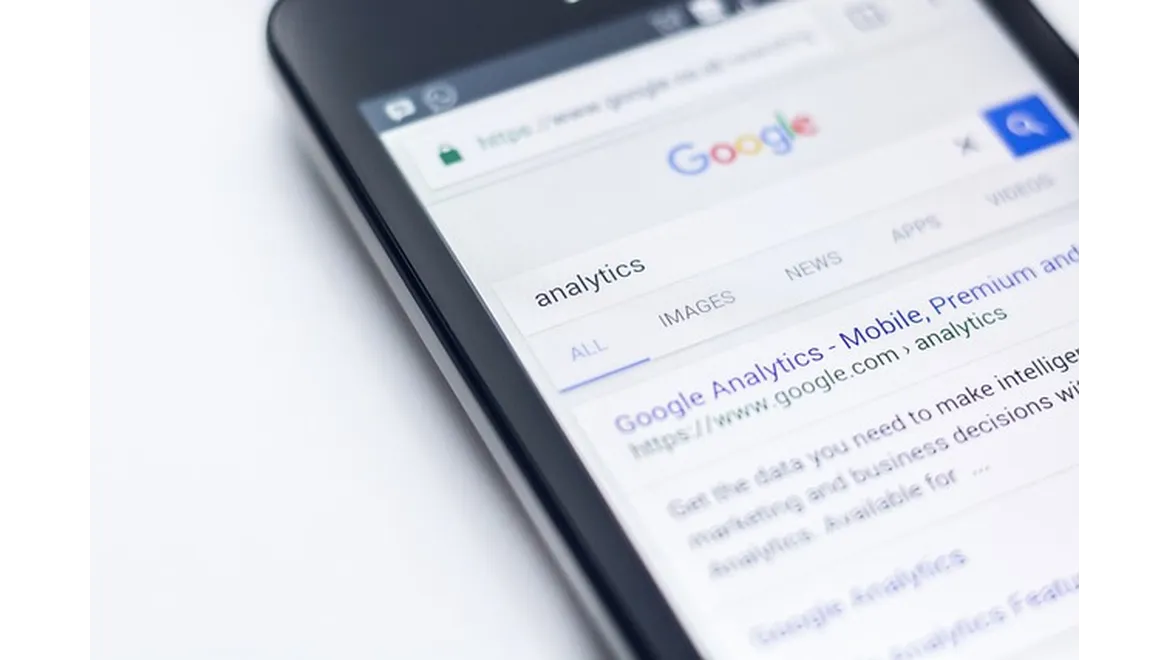In the competitive landscape of digital advertising, staying ahead demands a strategic and sophisticated approach. To delve into the latest advanced strategies for Google Ads, I engaged in an enlightening conversation with Richard Thompson, a senior PPC specialist boasting over a decade of experience. Richard has successfully managed both expansive ecommerce accounts and focused low-volume B2B campaigns. His insights and actionable tactics provide a roadmap for advertisers aiming to optimize their Google Ads campaigns effectively.
One of the foundational strategies Richard advocates is the separation of broad match keywords from phrase and exact match keywords. “Keeping broad match keywords in distinct campaigns allows for tailored bidding strategies and more aggressive targets,” he explains. This approach grants flexibility in campaign management, enabling advertisers to harness the extensive reach of broad match keywords while preventing them from monopolizing the budget. By isolating broad match keywords, advertisers can set ambitious targets and optimize their campaigns without financial constraints.
Richard also underscores the significance of custom segments for competitor conquesting. “Targeting individuals who have visited competitor websites or used competitor apps can be highly effective,” he notes. By incorporating competitors’ names or URLs into your search term list, Google Ads can identify and target these users across the Google Display Network, YouTube, or Discover. This method presents an excellent opportunity to capture the attention of your competitors’ clients, redirecting them towards your offerings.
Another often-overlooked resource is Microsoft Advertising’s search term reports. “Microsoft provides more granular search term data, which can be invaluable for optimizing Google Ads campaigns,” Richard advises. By scrutinizing these reports, advertisers can identify keywords that should be added or excluded from their Google Ads campaigns, thereby enhancing efficiency and precision.
The rising importance of video assets in modern campaign types such as Performance Max and Demand Gen cannot be overstated. “Investing in quality video content is crucial,” Richard emphasizes. While Google offers to create videos if none are provided, these are frequently subpar. Instead, uploading existing videos from your YouTube channel or creating tailored rich video content can significantly enhance the professionalism and effectiveness of your campaigns.
Richard also highlights the advantages of adopting aggressive bidding strategies to expedite the learning phase. “Using strategies like max conversions, max conversion value, or a low target ROAS can accelerate spending,” he explains. Once the learning phase is complete, transitioning to more efficient strategies such as target ROAS or target CPA can optimize campaign performance.
Flexible budgeting emerges as another critical element in Richard’s arsenal. “Allocating spend based on demand fluctuations throughout the year is essential,” he states. For ecommerce, where consumer behavior can be unpredictable, planning the budget annually allows for responsiveness to market trends and maximizes opportunities during high-demand periods.
For B2B campaigns, Richard suggests breaking out campaigns by ad schedule. “Performance differences between weekday office hours and off-hours are substantial,” he observes. Creating separate campaigns for off-hours with more aggressive targeting enables advertisers to set time-specific goals and optimize spending more effectively.
Integrating CRM systems for lead generation campaigns is another pivotal strategy. “Targeting lower-funnel lead stages and optimizing for qualified leads necessitates CRM integration,” Richard emphasizes. This integration is vital for broad match success in lead generation and for leveraging Performance Max without falling prey to bot attacks.
Richard also stresses the importance of data exclusions and seasonal adjustments. “Preventing anomalies like site outages from skewing bidding algorithms is crucial,” he advises. Reporting such issues to Google can avert mismanagement. Additionally, implementing seasonal adjustments before sales periods helps algorithms anticipate increased conversion rates, enhancing campaign effectiveness.
Lastly, Richard insists on the sustained importance of SEO in PPC success. “Aligning metadata and on-site copy with desired ad content can improve quality scores and provide better signals for Google’s AI-driven ad creation and targeting,” he concludes. Close collaboration with SEO teams to optimize feeds with the right keywords and product data is indispensable.
These advanced strategies, encompassing keyword separation, competitor targeting, leveraging alternative search term data, investing in video assets, aggressive bidding, flexible budgeting, ad schedule segmentation, CRM integration, data management, and SEO alignment, collectively offer a robust framework for optimizing Google Ads campaigns. Whether managing expansive ecommerce accounts or focused B2B campaigns, advertisers implementing these tactics can achieve more precise targeting, efficient ad spend, and ultimately, more successful campaigns.











